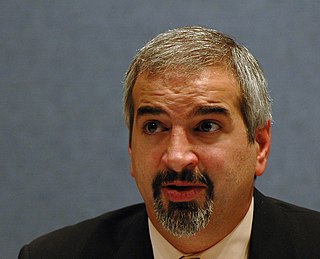A Quote by Romola Garai
I was 20 years old when, despite mass protests against military action, Iraq was invaded in 2003 - it didn't make for motivated political participation, I can tell you.
Related Quotes
Faced with the collapse of Iraq into something like Lebanon - or worse, Somalia - the Bush administration opted for a new counterinsurgency strategy. Violence was reduced because, for the first time since the U.S. invaded Iraq in 2003, Iraqis felt that there was a force capable of dominating the situation and ensuring basic order.
Since United States military operations in Iraq began in 2003, I have visited Iraq at least 15 times. But unlike politicians who visit, the question for me has never been why the U.S. got into Iraq. Instead, as the CEO of Blackwater, the urgent question was how the company I head could perform the duties asked of us by the U.S. State Department.



































